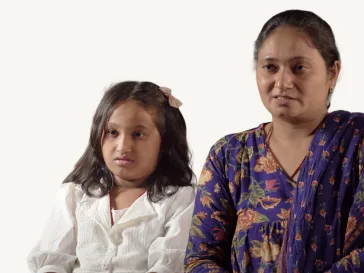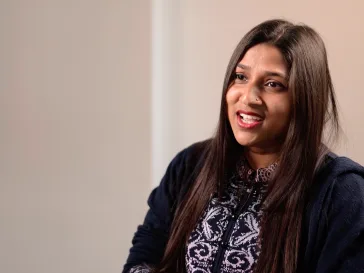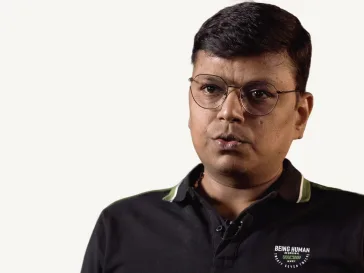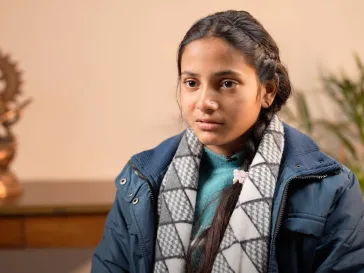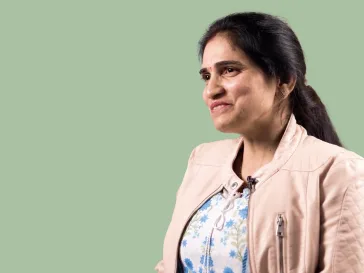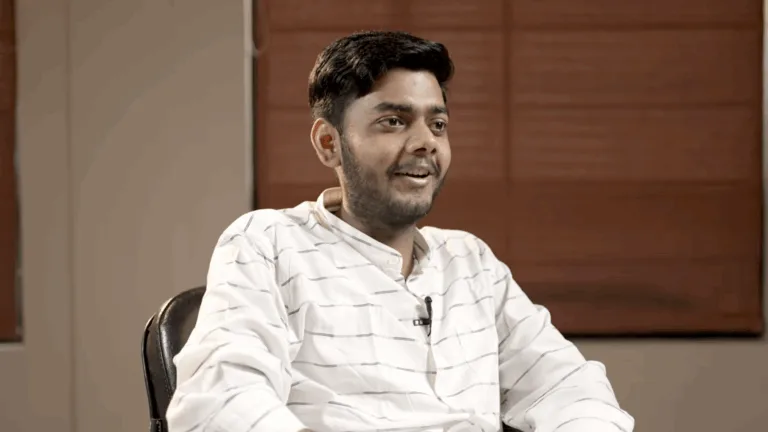Junagadh, Gujarat, India — For Snehal and her daughter Vishwa, a young student from Junagadh, the sudden onset of severe abdominal pain in June 2022 marked the beginning of a harrowing medical odyssey. What unfolded was a series of recurrent acute pancreatitis attacks that not only threatened Vishwa’s health but tested her family’s resilience against a largely unknown and unpredictable illness. Their experience highlights the challenges of pediatric chronic care, the complexities of genetic predispositions, and the systemic quest for effective interventions.
The Cryptic Onset: A Young Patient in Distress
Vishwa, previously described as a generally healthy child with somewhat weak immunity, began experiencing severe abdominal pain and vomiting on June 9, 2022. Her mother, Snehal, initially suspected common gastric issues and attempted home remedies. However, by midday, Vishwa was reportedly clutching her stomach, in extreme pain, struggling to keep down even water.
When she vomited after medication, her pediatrician at a local children’s hospital in Junagadh ordered an ultrasound. The findings revealed acute pancreatitis, confirmed by alarming levels of Lipase (8709) and D-Dimer (8455), indicating severe inflammation and infection. Doctors initially struggled to pinpoint the exact cause, with the family recalling suggestions it might be related to a “serious accident”.
This first episode led to a 9-day hospitalization, during which Vishwa was kept on intravenous drips without food or water, experiencing immense pain and delirium. After two months of relative normalcy post-discharge, a second, more severe attack struck on August 5, 2022. Vishwa was admitted to an ICU for 12 days at a children’s hospital in Rajkot, where her condition was so critical that Snehal feared it might be the last time she saw her daughter. This attack also involved significantly elevated Lipase (3240) and CRP (56.4), with a CT scan revealing acute on chronic edematous pancreatitis and peripancreatic fluid collection.
It was during this period that doctors eventually diagnosed her condition as pancreatitis, though the precise cause remained elusive initially. Subsequent genetic testing, including a Clinical Exome Sequencing Test, revealed crucial findings of homozygous variants in the SPINK1 gene, which are associated with Hereditary Pancreatitis. This finding provided the family with their first concrete understanding of Vishwa’s predisposition, albeit one they struggled to comprehend fully.
These recurrent acute attacks, occurring every two months (a third on October 8, 2022, and a fourth on February 1, 2023), forced Snehal and her husband to actively seek information about pancreatitis on platforms like YouTube. They learned about the limitations of conventional care—largely confined to pain management and hospitalizations without addressing the root cause or progression. This search eventually led them to Padaav Speciality Ayurvedic Treatment Center, where they viewed patient interviews that contrasted sharply with their experiences.
The Intervention: A Comprehensive Approach at Padaav
Despite an initial skepticism towards Ayurvedic treatment—thinking, “अगर यह एलोपैथी में भी कुछ नहीं है तो आयुर्वेदिक में कैसे होगा” (if there’s nothing in allopathy, what can Ayurveda do?)—the family, driven by Vishwa’s suffering, decided to make the leap after her fourth severe attack. Their total financial burden from previous treatments had reached ₹2.5 lakh. Vishwa was admitted to Padaav on February 18, 2023.
At Padaav, they encountered a structured environment with a compassionate staff. They observed other patients, including children and the elderly, all grappling with similar pancreatitis issues, which offered a sense of shared experience and reduced their feeling of isolation. The staff, they noted, was highly attentive, gathering detailed information about each patient’s condition.
Padaav’s approach included a meticulously designed dietary plan, which Snehal found particularly impressive, believing it would improve both Vishwa’s health and her own. Notably, the program offered flexibility within the dietary guidelines, providing Vishwa with choices to accommodate her preferences and ensure compliance.
Stabilisation and Reclaimed Childhood: Halting Disease Progression
Since Vishwa’s treatment at Padaav, her condition has seen significant stabilization. For the first six months post-treatment, she experienced no attacks. A minor flare-up occurred once thereafter, but it was quickly managed with guidance from Vaidya Shikha Prakash using simple measures like lemon water and specific medication, without the need for hospitalization. For over a year now, Vishwa has been free from any attacks. Her weight, which had initially dropped 3 kg (from 26kg to 23kg), stabilized and began to increase, reaching 30kg by August 2023 and 34.65kg by February 2025.
After the inpatient program, the family diligently continued Vishwa’s treatment at home, ensuring strict adherence to the prescribed protocol and taking medicines on time.
Initially, Vishwa remained mostly confined to bed. During the first year of her treatment, her activities were restricted due to fear of recurrence. However, upon consultation with Vaidya Shikha Prakash, a gradual reintroduction of physical activity began. Vishwa started with drawing, then swinging, and short walks. Now, she actively plays and runs with other children at school, albeit with her parents’ gentle encouragement to take it easy.
Vishwa’s case highlights the potential of a comprehensive Ayurvedic strategy in managing recurrent acute pancreatitis:
- Tailored Dietary Interventions: Padaav’s ability to provide a structured yet flexible diet proved crucial for pediatric adherence.
- Parental Engagement: Snehal’s active involvement in understanding and implementing the dietary plan, both at Padaav and at home, was vital.
- Gradual Reintegration: The systematic approach to reintroducing physical activity helped Vishwa regain her strength and confidence.
- Community and Support: The presence of other patients and the supportive staff at Padaav provided crucial emotional reassurance to the family.
A New Chapter: Hope for Other Families
Today, Vishwa is thriving, a vibrant child whose health has stabilized. Her story has become a beacon of hope for other families grappling with similar diagnoses. Parents of children with pancreatitis often contact Snehal, seeking advice on Vishwa’s treatment and current condition. Snehal confidently directs them to Padaav, emphasizing the cooperative support and clear guidance they received, stating, “बच्चा ठीक हो जाए इससे ज्यादा ही क्या होता तो” (What more could one ask for than for the child to get well?).
Vishwa’s journey offers compelling evidence that recurrent acute pancreatitis, even in young patients, can have its progression effectively managed and halted through a disciplined Ayurvedic approach, empowering them to reclaim their childhoods and pursue fulfilling lives.

